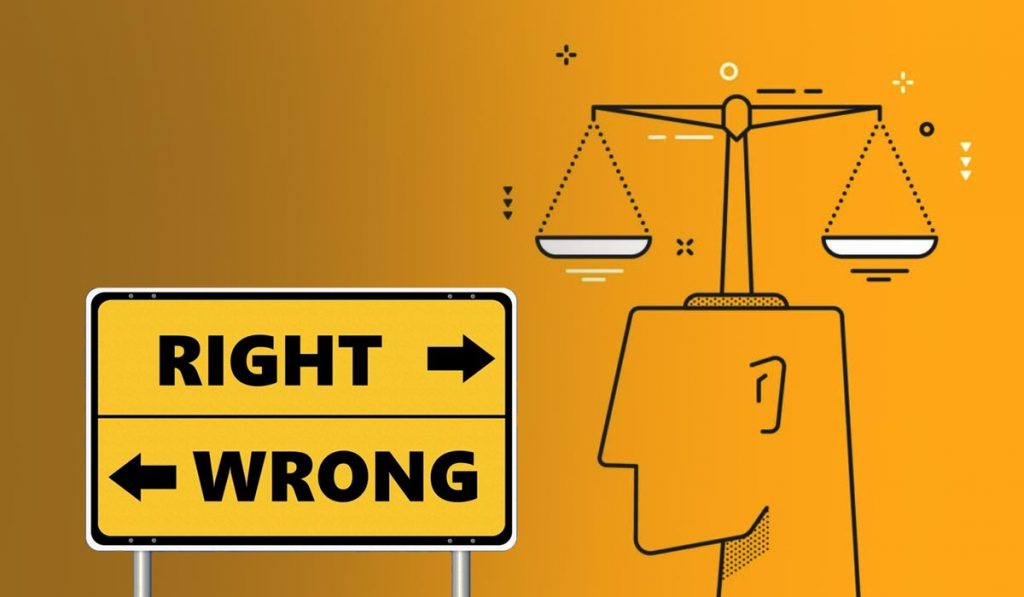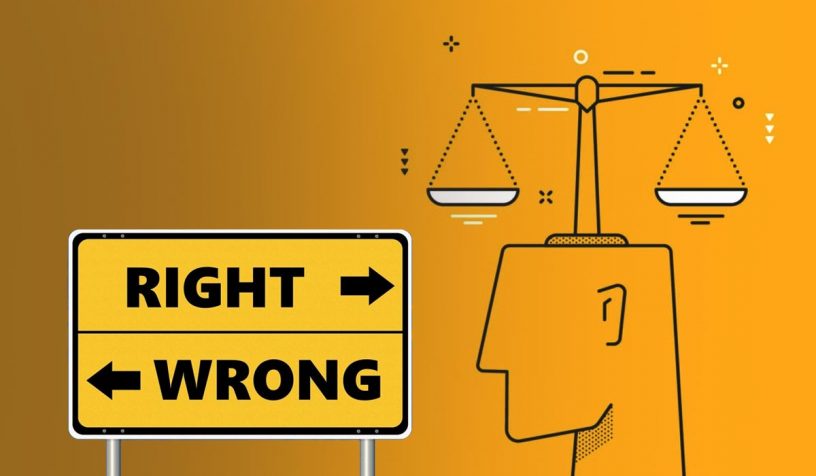
Between body, memory, and language, one needs to create an ethics ready to confront the iatrogeny of the expert, the inbuilt obsolescence of technology, says the author.
Authors:
Shiv Visvanathan, Professor, O.P. Jindal Global University, Sonipat, Haryana, India.
Summary:
One of the issues often missing in ordinary conversation and public discourse is a concern for ethics. We talk forcefully about management, ecology, politics, or the economy, but the ethical aspect in a substantial sense rarely enters the discourse. Even if it does, it emerges as a pomposity, as a term of piety or even a fundamentalist intolerance. The missingness of ethics in everyday language that is replete with pragmatism and utilitarianism is worrying. Even professional ethics, which sociologist Émile Durkheim (1957) once thought of as an antidote to capitalism as a form of amorality, has become trite.
The ethical codes of the professional academies have become a cliché. There might be references to gender out of regard to political correctness, but there is hardly a nod to violence. Even the Pugwash movement seems to belong to an old testament era of science. Not only is ethics missing, but it has been banalised through the efforts of corporations, which locate spirituality, sustainability, and corporate social responsibility (CSR) at the same pedestrian level. As a wag once put it, “CSR is a favourite ethical oxymoron of today. If it is responsible, it does not belong to the corporation. If it is corporate, it hardly conveys a genuine sense of responsibility.”
Published in: Economic and Political Weekly
To read the full article, please click here


